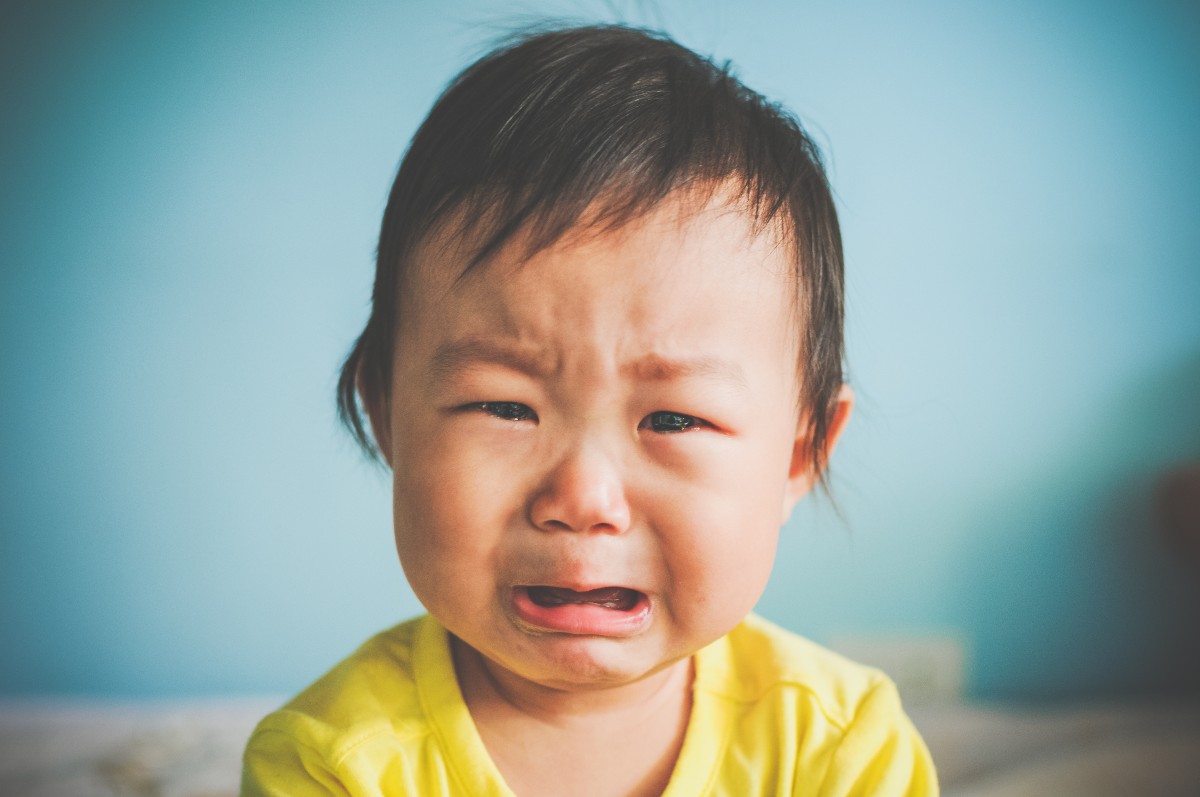An ear infection (also called otitis media) is when the middle ear becomes infected. Ear infections are usually caused by another infection — like a cold or flu. Illnesses like these can make the tubes in the middle ears (called eustachian tubes) swell up, trapping fluid that normally drains out. If the trapped fluid contains bacteria or a virus, an ear infection will occur.
Although adults can get ear infections, children get them much more often. That’s because children’s eustachian tubes are smaller and straighter than adult’s eustachian tubes. This makes it hard for fluid to drain from them.
“Ear infections are common in children. Still, it can be hard for doctors and parents to know where to draw the line for when to treat with over-the-counter pain relievers only, when to prescribe antibiotics and when to seek advice from an ear, nose and throat (ENT) specialist,” says Catherine Lintzenich, M.D..
Dr. Lintzenich says that, in general, mild ear infections in children over 2 years old usually heal on their own without antibiotics. This means parents of older children with mild symptoms may choose to wait a couple of days before making an appointment with their doctor. But if your child is a baby or younger than 3, always make an appointment with your doctor as soon as you notice symptoms.
“Babies and toddlers are more susceptible to complications from untreated ear infections, so we always want to take a look and make a decision on treatment as soon as possible,” Dr. Lintzenich explains.
What treatment looks like for typical ear infections in babies
Pediatricians and primary care providers provide care for typical ear infections in babies.
“Parents of babies who are 6 months old or older may choose to wait a few days before starting antibiotics,” says Dr. Lintzenich. “In these cases, if the child doesn’t appear to be in pain or if the infection looks mild, the parent and I might decide it’s OK to wait two to three days before treating with antibiotics.”
Waiting to start antibiotics for mild ear infections is a way to prevent the overuse of antibiotics. Overusing antibiotics can lead to antibiotic resistance, a problem that causes antibiotics to lose their effectiveness in killing bacteria and fungi.
But if a child is in pain or the infection is severe, Dr. Lintzenich says that antibiotics should be started immediately. And babies younger than 6 months old should always be given antibiotics for an ear infection immediately since they’re more vulnerable to complications.
Recurrent ear infections: What’s normal and what needs specialized care
Recurrent ear infections are ear infections that don’t go away after treatment or that keep coming back after treatment.
“Some children may experience multiple ear infections in one year. Many times, it’s OK for them to continue seeing their pediatrician or family care provider for treatment,” says Dr. Lintzenich. “But in some cases, a child may need to be referred to an Ear, Nose & Throat (ENT) specialist for evaluation for ear tube surgery.”
Ear tubes help to drain fluid from the middle ear. This may help prevent ear infections. Doctors only consider ear tubes as a treatment for recurrent ear infection if:
- Your child is over 6 months old
- Your child has three or more ear infections in six months
- Your child has four ear infections in 12 months
Even then, there are many things to consider before resorting to ear tube surgery. ENT specialists have received special training in caring for conditions of the ear, nose and throat. If you’re referred to an ENT doctor for your baby’s ear infections, they’ll recommend the best course of action based on your child’s individual case and needs.
Other reasons to see an ENT for ear infections
In addition to recurrent ear infections, your baby’s pediatrician or primary care provider may also refer you to an ENT specialist for treatment if:
- An ear infection causes your child’s eardrum to rupture
- Your child cannot take antibiotics due to allergies or for other reasons
- Your child shows signs of hearing loss and/or speech delay due to persistent uninfected fluid in the middle ear (called otitis media with effusion)
Does your baby have symptoms of an ear infection?
If your baby has symptoms of an ear infection, it’s important to call your pediatrician or primary care doctor immediately for advice to avoid potentially serious complications.
- Atypical crying
- Ear pain
- Fever
- Fluid draining from the ear
- Headache
- Hearing problems
- Loss of appetite
- Pulling of the affected ear(s)
If your child is experiencing recurrent ear infections, the ENT specialists at Riverside offer prompt, expert treatment. Find a provider near you.



